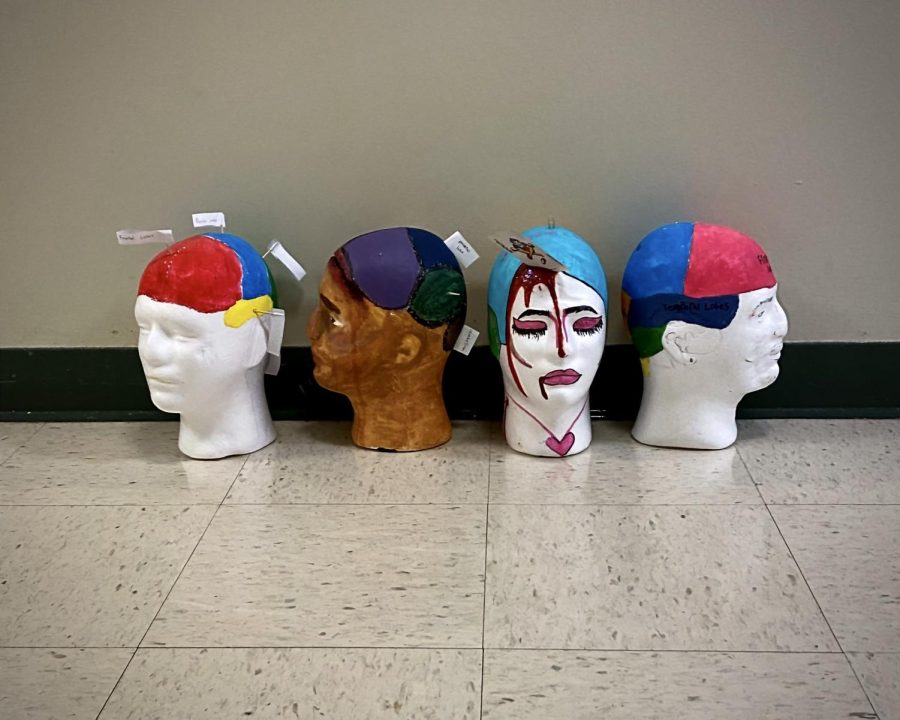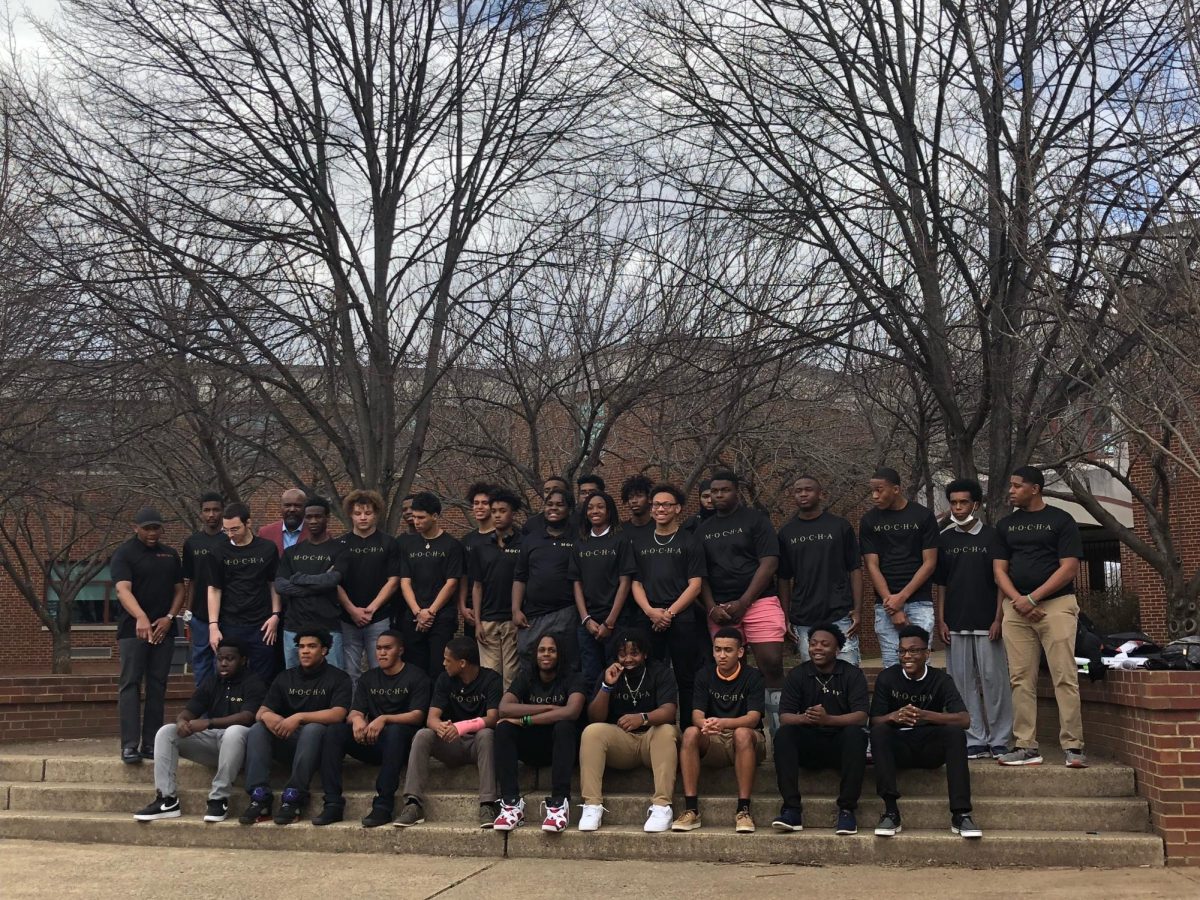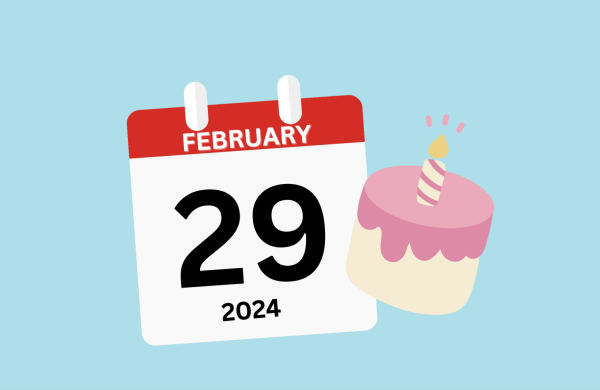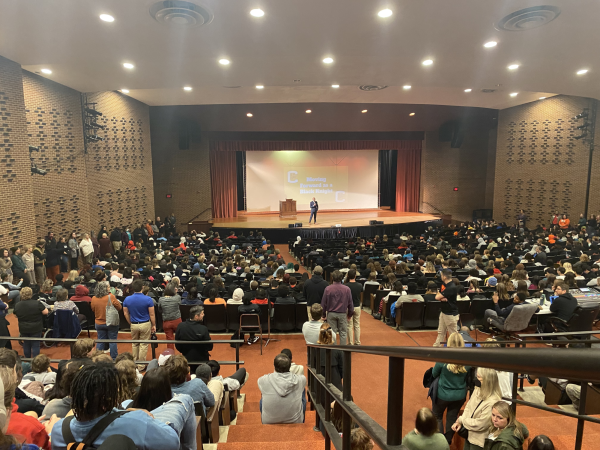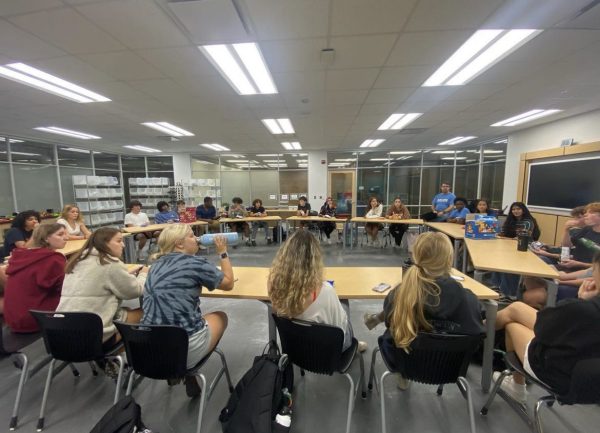Being Neurodivergent at CHS
April 27, 2023
Mr. Bennett, the Dean of Students at CHS, says that being neurodivergent at CHS is “Embracing individual differences between yourself and others.”
Neurodivergent is a non-medical umbrella term used by people with differing mental or neurological functions from others, that change their experiences in life. But how are neurodivergent students affected by the school day, and what does CHS do to support them?
There is no one way to be neurodivergent. Neurodivergent people can include those with autism spectrum disorders (ASD), dyslexia, down syndrome, bipolar disorder, and much more. While some neurodivergent people consider themselves disabled, this does not mean all do. Some neurodivergent people are diagnosed but not all are. This term is used to bring attention to the problems neurodivergent people face, as well as give them a community.
Lauren Diggs is the Division Coordinator for Special Education, primarily for upper elementary to high school education, at Charlottesville Schools. This is her second year in the Charlottesville school system, but in the past, she has worked as the dean of students in Chesterfield County, as well as a special education teacher in Richmond City Schools.
Ms. Diggs said, “We offer a continuum of services, from students receiving different accommodations in their general education classroom settings that allow them to access curriculum, all the way to students who are receiving a majority of their educational services in a special education classroom setting all with students with disabilities.”
Two plans that CHS has to help neurodivergent and students with disabilities are the 504 plan and the Individual Education Plan (IEP).
According to the Virginia Legal Aid Society, a 504 plan “allows children with special needs who don’t want or qualify for special education services to better access learning experiences at school.” An IEP ensures that “a child with an identified disability who is attending an elementary or secondary educational institution receives specialized instruction and related services.
The main difference between an IEP and a 504 plan is that to get an IEP you must have one of the 13 disabilities in the Individuals with disabilities education act (IDEA), which also must affect your learning. A 504 plan, on the other hand, is not as restrictive and is supposed to help a wider range of students.
Emi Lauter, a student with autism at CHS says that having an IEP is very helpful, “I can ask for my IEP person [Case Manager] to talk to a teacher to change how they handle me, for example in my virtual physical education class I got a work reduction, so basically the fitness logs instead of requiring an hour per day, only require thirty minutes.”
“A majority of the services we provide are focused around students who may have specific learning disabilities,” says Ms. Diggs.
These programs focus on structured teaching that gives students the resources needed to access the general curriculum so students can access the executive functioning skills that provide them with the tools to complete tasks, plan, and organize.
Ms. Diggs has been working on increasing multi-sensory instruction in classrooms, as well as adding a reading program. Ms. Diggs would also like to add more to CTE classes at Charlottesville High School.
For some students, getting the accommodations they feel are needed is hard. An anonymous student was told that they wouldn’t get as many accommodations because they do well on tests.
“Tests are my strong suit, but grades are where I suffer and need more accommodations.”
Another student with diagnosed generalized anxiety disorder (GAD) says “To get a 504 plan… it is very hard to schedule a meeting and then get your accommodations, especially if you’re not showing problems in school.”
Students wished there was a way to get more accommodations without having an official diagnosis, which can take a long time or cost lots of money. “I started to schedule testing appointments last summer, but I was only able to actually test in late January this year.” one student said.
“We don’t want students to feel unsupported,” said Mr. Bennett, all students would benefit from more accommodations but that is just not possible.
These accommodations are meant for specific students and are multi-data plans that take into consideration many things such as grades, missing assignments, and the amount of time taken to finish an assignment.
“I believe this is something that we as a division and as schools can continue to work on and improve is sharing and informing our constituents and those that we serve, as to what special education is. like what is special education, What are accommodations, and really trying to use data to inform our decision-making when it comes to placing accommodations,” said Ms. Diggs.
If students are feeling like they are not getting enough accommodations, they are encouraged to reach out for help. Mr. Bennet suggests talking to Mr. Pitt, school counselors, or directly to teachers to get support in school. Teachers and administration do care about students but the school cannot provide all accommodations wanted. Talking to your teachers is a great option because they can specifically help you in a way that best fits your needs.


